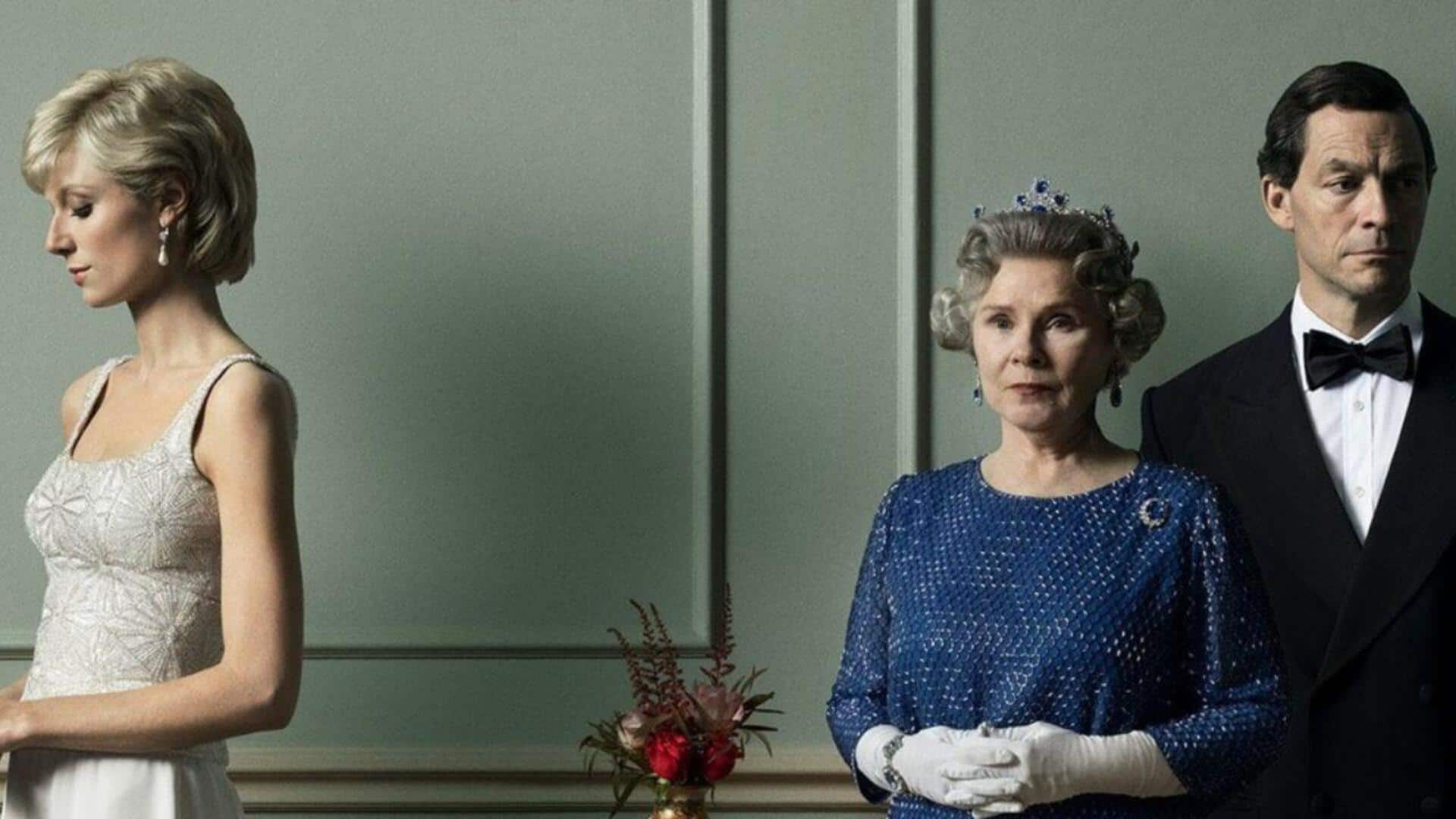
How 'The Crown' twists royal customs for drama
What's the story
Popular television series The Crown has won hearts with its depiction of the British royal family. However, while it is an interesting watch, it does digress from history, especially when it comes to royal traditions. Here, we look at some of the ways The Crown's portrayal differs from actual British royal customs. Let's take a peek behind palace doors!
#1
Misrepresentation of royal protocols
One of the ways The Crown strays from reality is in its depiction of royal protocols. The series tends to oversimplify or dramatize the protocols for storytelling purposes. For example, some formalities during state events are either exaggerated or understated to suit the narrative arc. In fact, these protocols are deeply rooted in tradition and are of immense importance in the workings of the monarchy.
#2
Inaccurate depiction of ceremonies
Ceremonial events shown in The Crown often lose their authenticity as compared to what really happened. The show sometimes modifies details like clothing or the order of events to make it more dramatic. But actual ceremonies are conducted according to strict guidelines, which have been set over centuries, and seldom change without a good reason.
#3
Simplification of titles and honors
Another thing where The Crown takes creative liberty is in terms of titles and honors within the royal family. The series may simplify or incorrectly assign titles for the sake of clarity or drama. In reality, titles are defined by complex rules that govern the way they are used, according to one's lineage and specific circumstances within the monarchy.
#4
Overemphasis on personal conflicts
While personal conflicts make for compelling television drama in The Crown, they can overshadow more nuanced aspects of royal life that involve tradition and duty. The show tends to focus heavily on interpersonal relationships at times, at the expense of accurately portraying how these individuals navigate their roles within longstanding traditions that define their public duties.